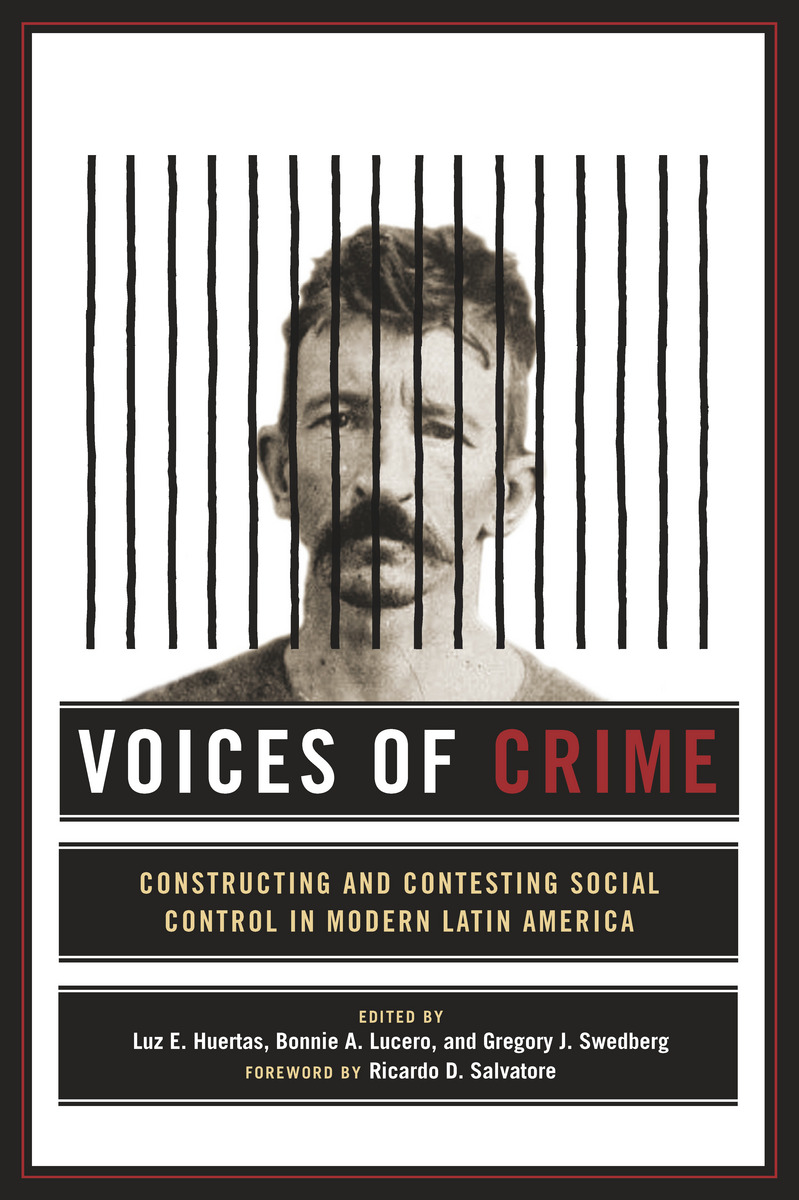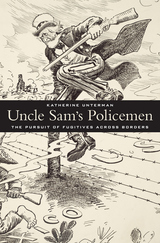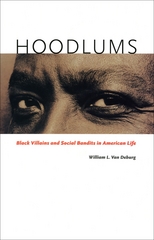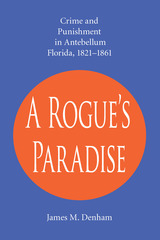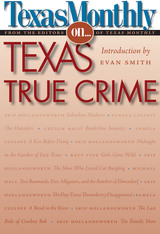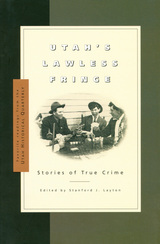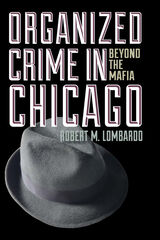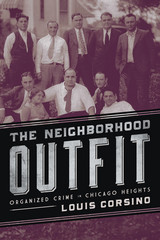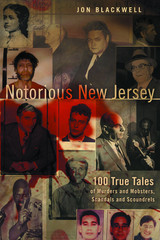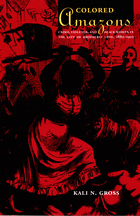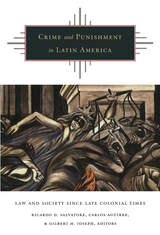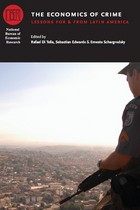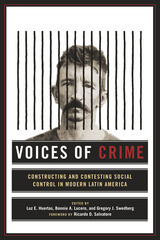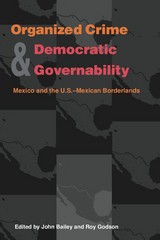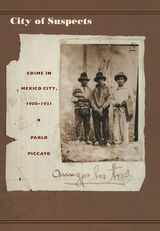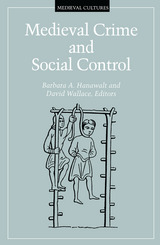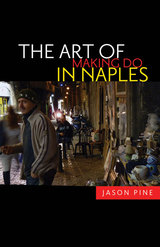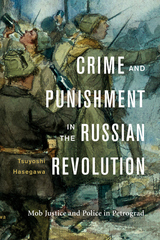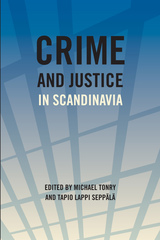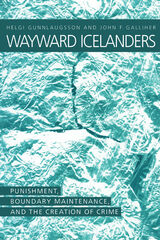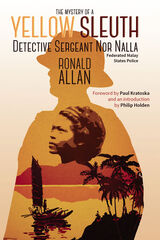Voices of Crime: Constructing and Contesting Social Control in Modern Latin America
University of Arizona Press, 2016
Cloth: 978-0-8165-3304-6 | eISBN: 978-0-8165-3464-7
Library of Congress Classification HV6810.5.V65 2016
Dewey Decimal Classification 364.98
Cloth: 978-0-8165-3304-6 | eISBN: 978-0-8165-3464-7
Library of Congress Classification HV6810.5.V65 2016
Dewey Decimal Classification 364.98
ABOUT THIS BOOK | AUTHOR BIOGRAPHY | REVIEWS | TOC
ABOUT THIS BOOK
Crime exists in every society, revealing not only the way in which societies function but also exposing the standards that society holds about what is harmful and punishable. Criminalizing individuals and actions is not the exclusive domain of the state; it emerges from the collective consciousness—the judgments of individuals and groups who represent societal thinking and values. Studying how these individuals and groups construct, represent, perpetrate, and contest crime reveals how their message reinforces and also challenges historical and culturally specific notions of race, class, and gender.
Voices of Crime examines these official and unofficial perceptions of deviancy, justice, and social control in modern Latin America. As a collection of essays exploring histories of crime and justice, the book focuses on both cultural and social history and the interactions among state institutions, the press, and a variety of elite and non-elite social groups. Arguing that crime in Latin America is best understood as a product of ongoing negotiation between “top-down” and “bottom up” ideas (not just as the exercise of power from the state), the authors seek to document and illustrate the everyday experiences of crime in particular settings, emphasizing underresearched historical actors such as criminals, victims, and police officers.
The book examines how these social groups constructed, contested, navigated, and negotiated notions of crime, criminality, and justice. This reorientation—in contrast to much of the existing historical literature that focuses on elite and state actors—prompts the authors to critically examine the very definition of crime and its perpetrators, suggesting that “not only the actions of the poor and racial others but also the state can be termed as criminal.”
Voices of Crime examines these official and unofficial perceptions of deviancy, justice, and social control in modern Latin America. As a collection of essays exploring histories of crime and justice, the book focuses on both cultural and social history and the interactions among state institutions, the press, and a variety of elite and non-elite social groups. Arguing that crime in Latin America is best understood as a product of ongoing negotiation between “top-down” and “bottom up” ideas (not just as the exercise of power from the state), the authors seek to document and illustrate the everyday experiences of crime in particular settings, emphasizing underresearched historical actors such as criminals, victims, and police officers.
The book examines how these social groups constructed, contested, navigated, and negotiated notions of crime, criminality, and justice. This reorientation—in contrast to much of the existing historical literature that focuses on elite and state actors—prompts the authors to critically examine the very definition of crime and its perpetrators, suggesting that “not only the actions of the poor and racial others but also the state can be termed as criminal.”
See other books on: Constructing | Crime | Justice, Administration of | Modern Latin America | Voices
See other titles from University of Arizona Press
